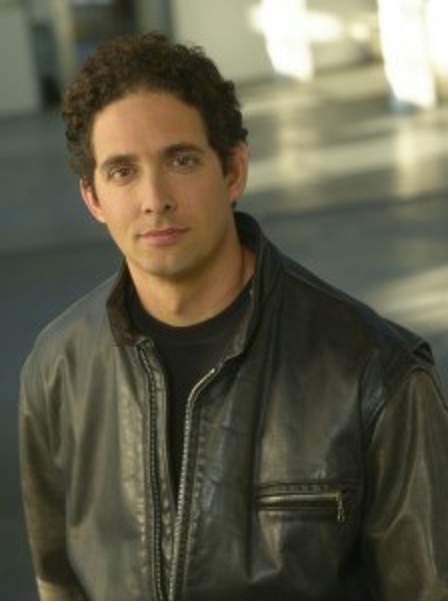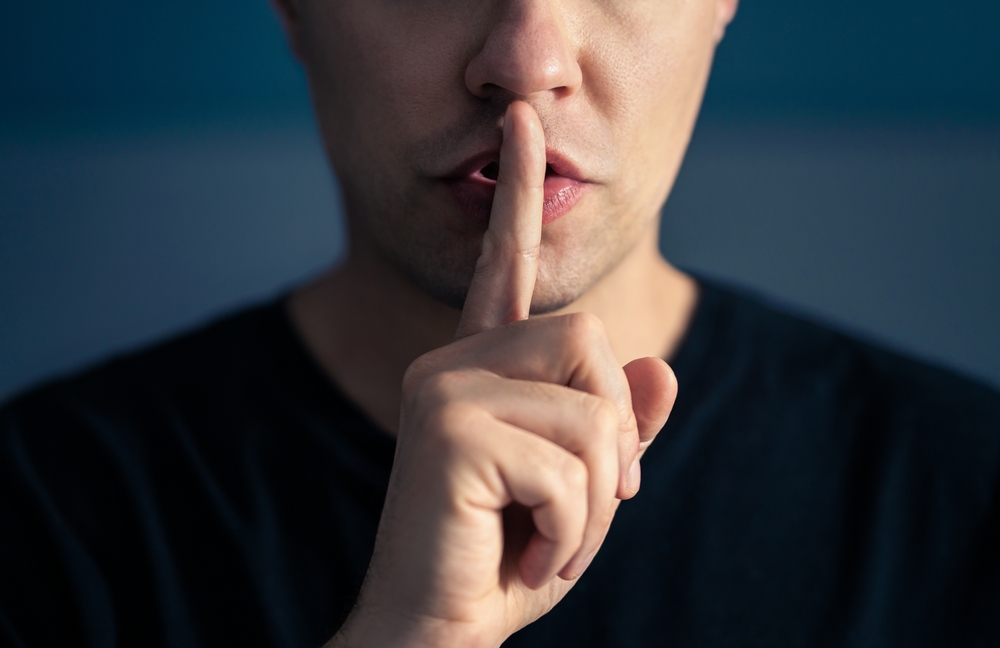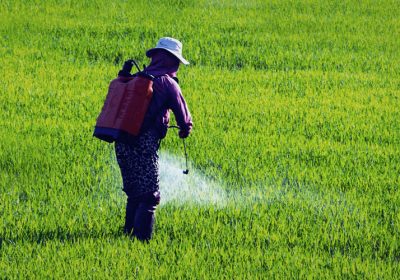A free speech court case involving journalist Alex Berenson exposes the government’s role in controlling online health debates and why this fight matters so much to the future of free speech and our First Amendment rights.
It will not come as a surprise to many of you to learn that different sectors of American society are deeply involved in a war on free speech with the US government, its agencies, and a selection of corporations that have captured it. The COVID pandemic was without doubt a catalyst, but the seeds of this wave of censorship have been sown for many years. What’s at stake is nothing less than our ability receive and communicate information that is essential to our capacity to take control of our own health. Special interests and health bureaucrats are trying to control the information you’re exposed to and, by extension, the health decisions you make. We must stand for free speech and personal sovereignty.
Alex Berenson’s censorship case, Berenson v. Biden, highlights the growing challenge of free speech suppression. Berenson, a former New York Times journalist, award-winning novelist, and outspoken critic of COVID-19 vaccine mandates, was banned from Twitter (now X) in 2021 for allegedly spreading misinformation by questioning the efficacy and safety of COVID vaccines.

In his case, he alleges that the Biden administration, along with Pfizer officials, conspired to silence him by pressuring Twitter to remove his account. Berenson’s lawsuit argues that this action violated his First Amendment rights, as the government and corporate officials coordinated to suppress his views on a critical public health issue.
Image left: Alex Berenson; journalist and award-winning author (image source: alexberenson.com)
If this sounds familiar, that’s because it is. The recent Supreme Court decision in Murthy v. Missouri brought to light the same heavy-handed censorship from the Biden Administration. In a 6-3 vote, however, the Court dismissed the case, stating that plaintiffs lacked standing. Despite compelling documentation that federal officials heavily influenced platforms like Facebook, the Court refused to delve into these critical First Amendment questions. Justice Samuel Alito, in dissent, emphasized the gravity of the case, warning that the Court’s decision to sidestep the issue allows continued government-led suppression of free speech, particularly on social media platforms.
The broader significance of Berenson’s case lies in its exploration of the growing influence of government and private corporations in controlling the flow of information, especially during the COVID-19 pandemic. It raises the issue that social media platforms, under government pressure, are acting as state censors when they moderate content. We would argue, alongside Berenson, that this represents an unconstitutional overreach that undermines public debate and endangers public health.
Our Call to Action
This ruling, like Berenson’s case, shows how vital it is to fight against censorship, especially when it impacts open discussions on health topics. Our FreeSpeech4Health campaign advocates for ending censorship of medical information online, especially content that diverges from official narratives. Join the fight by signing our petition to pressure platforms like YouTube to reform their medical misinformation policies and allow for more open, diverse discourse.




